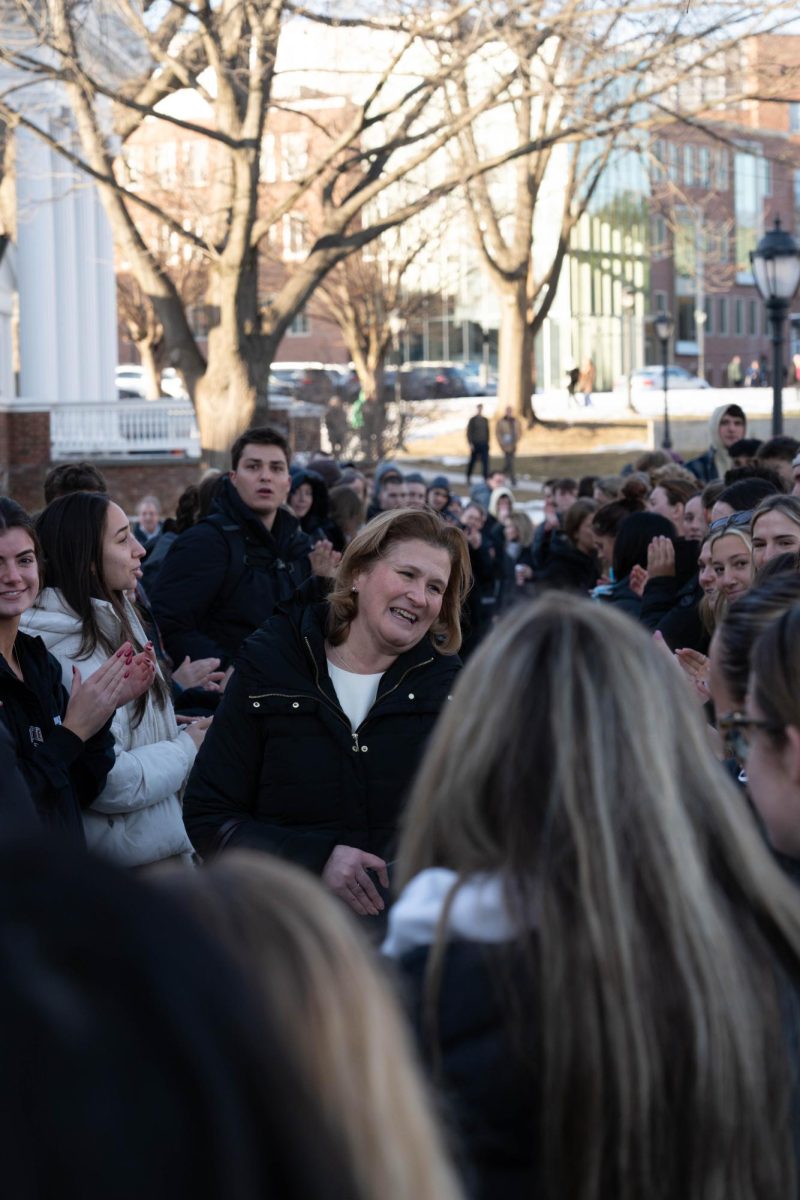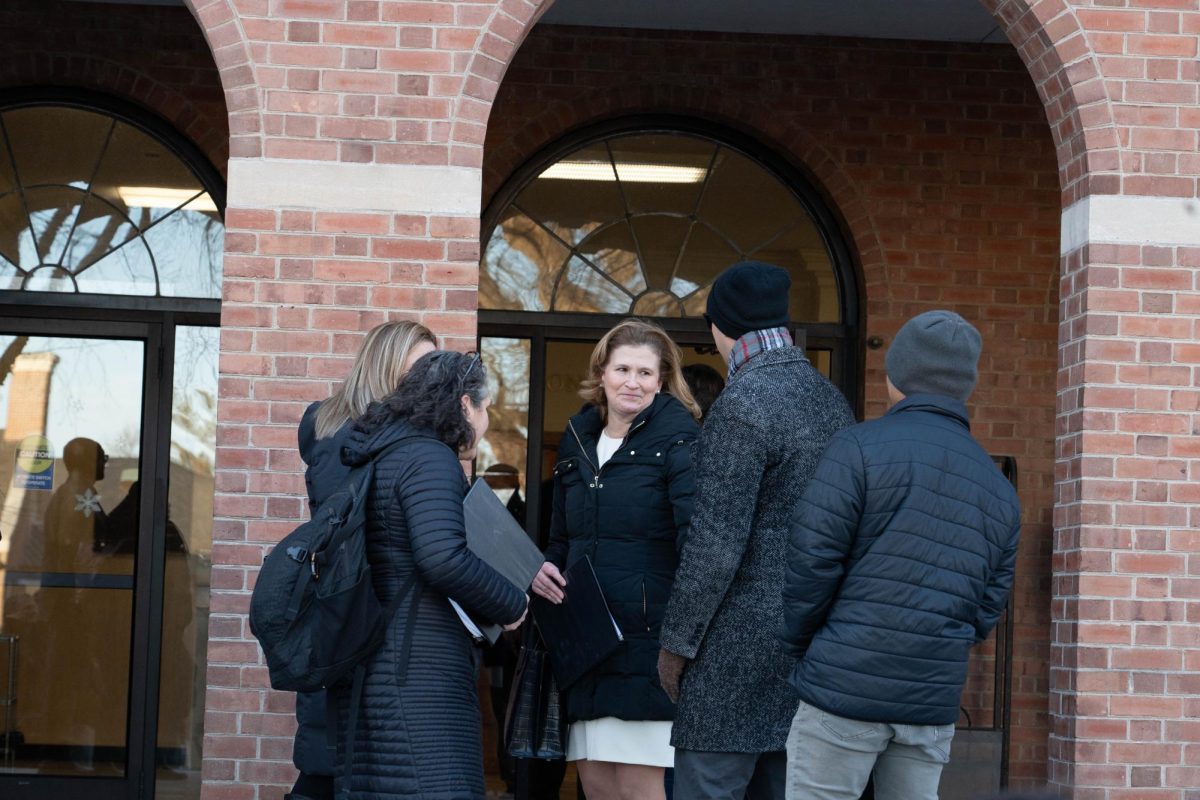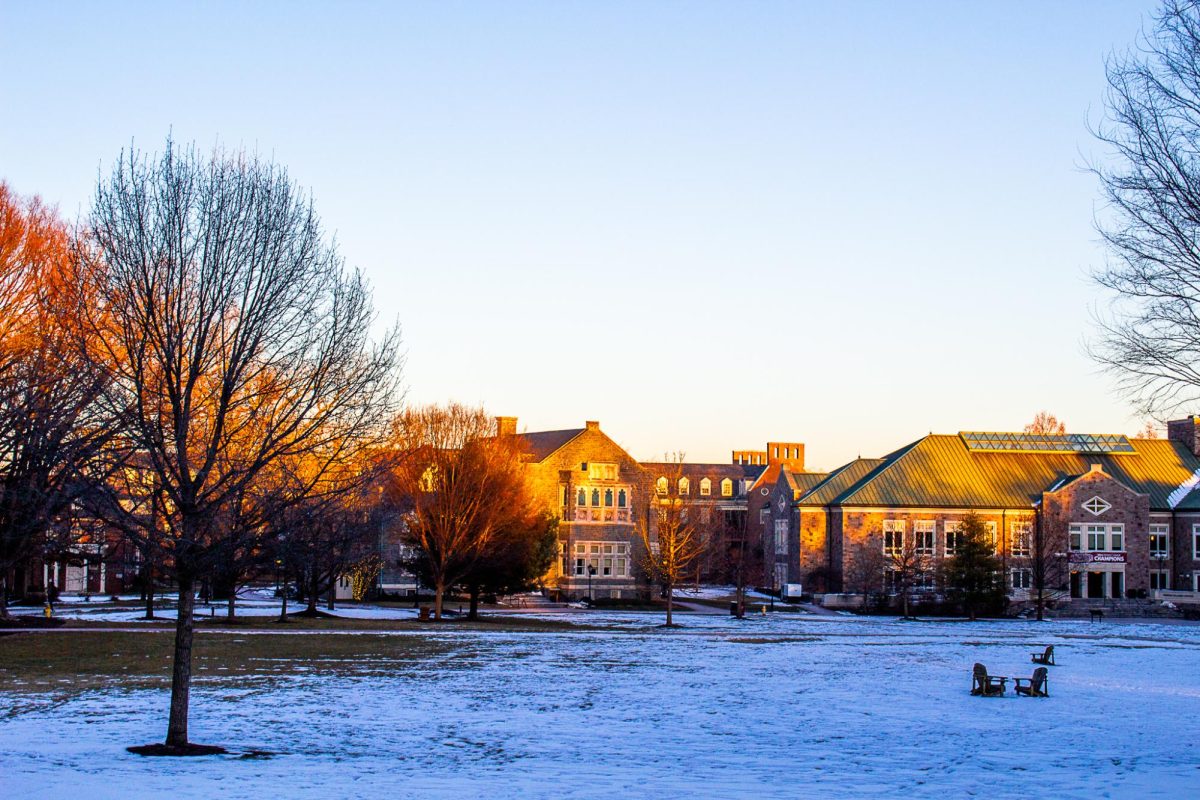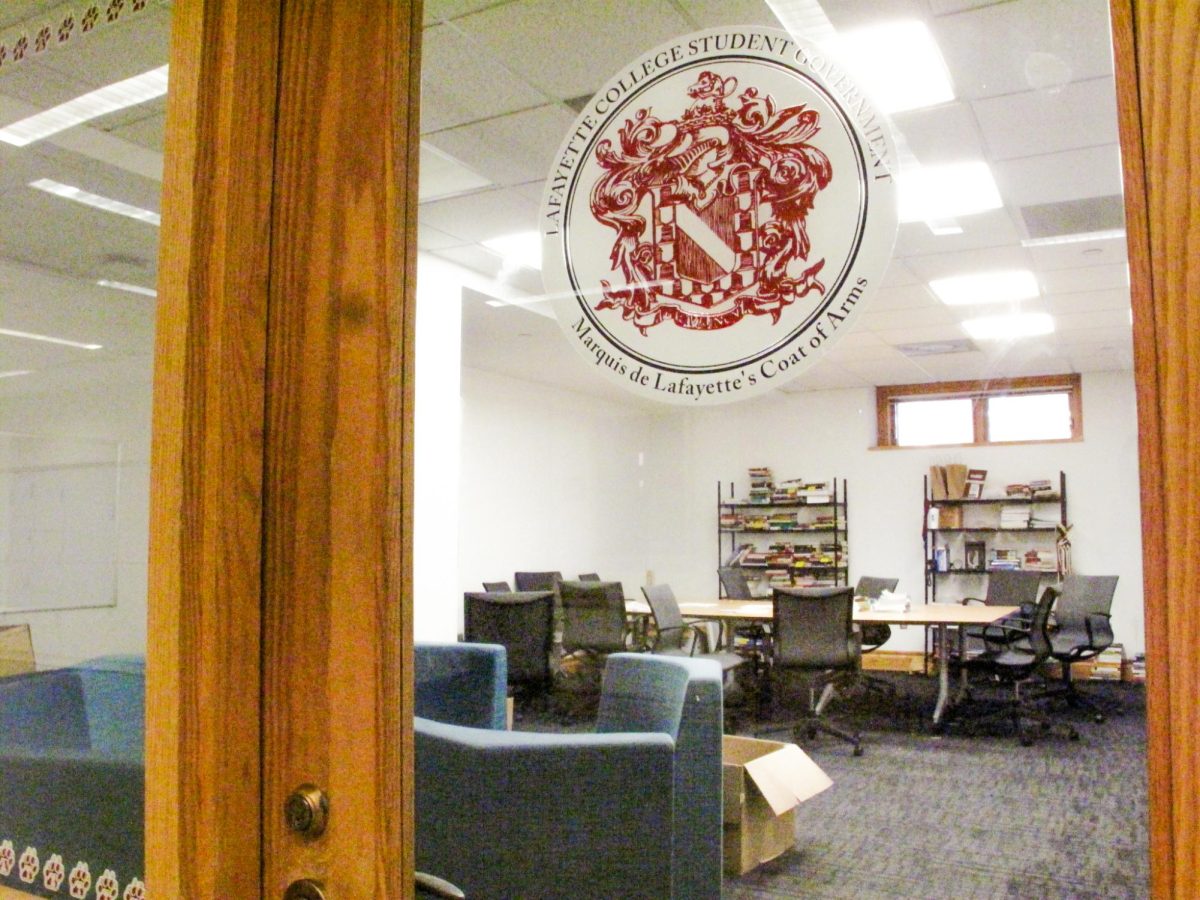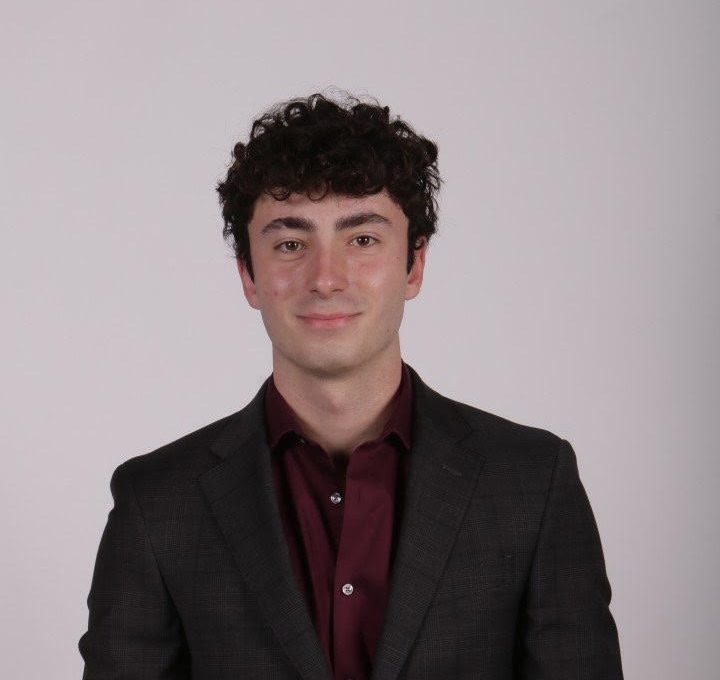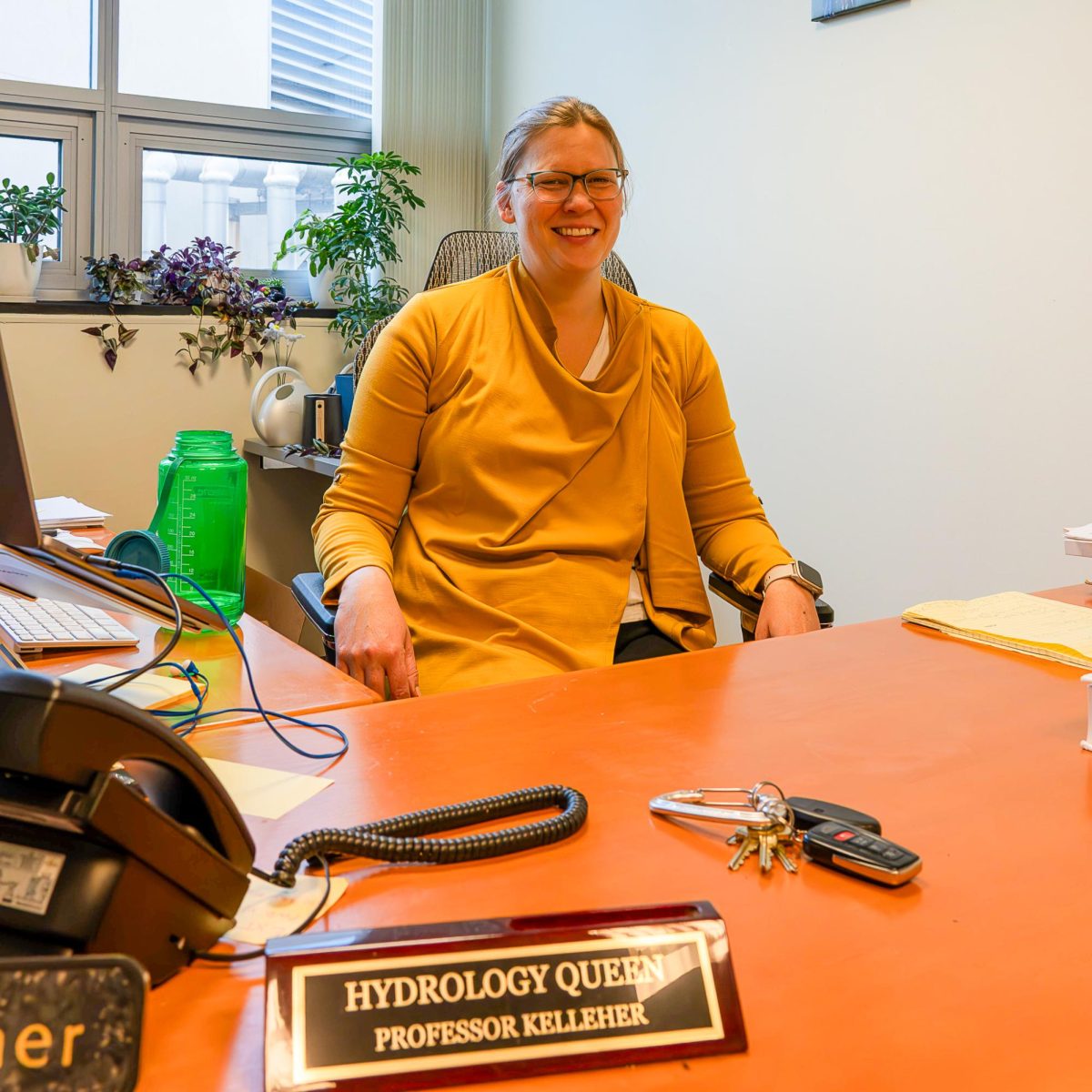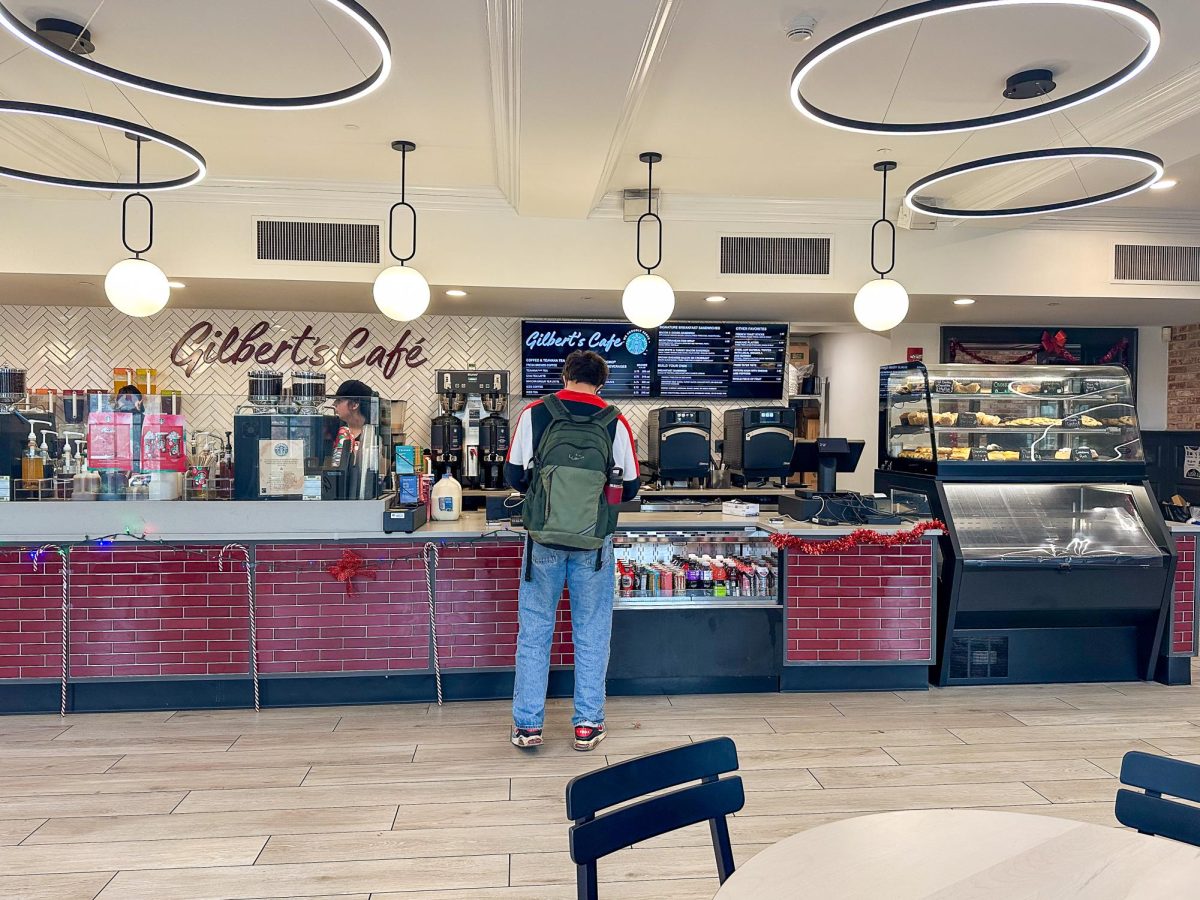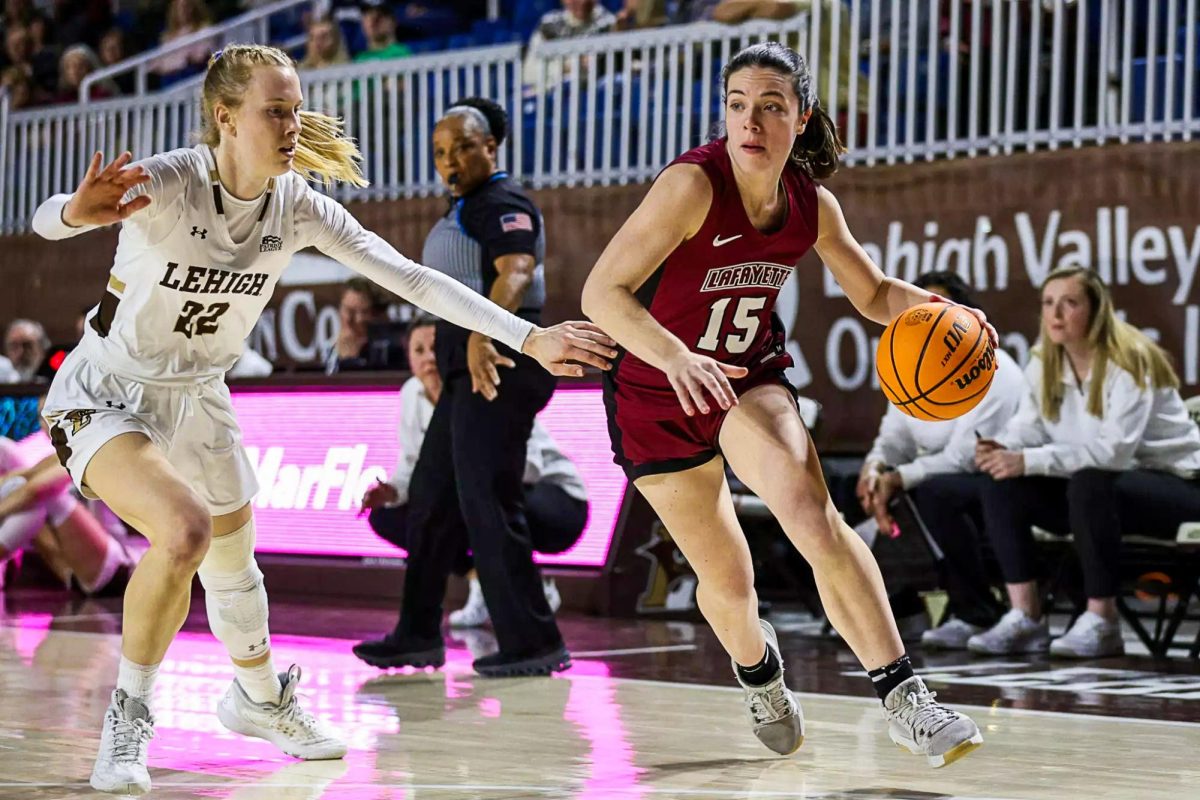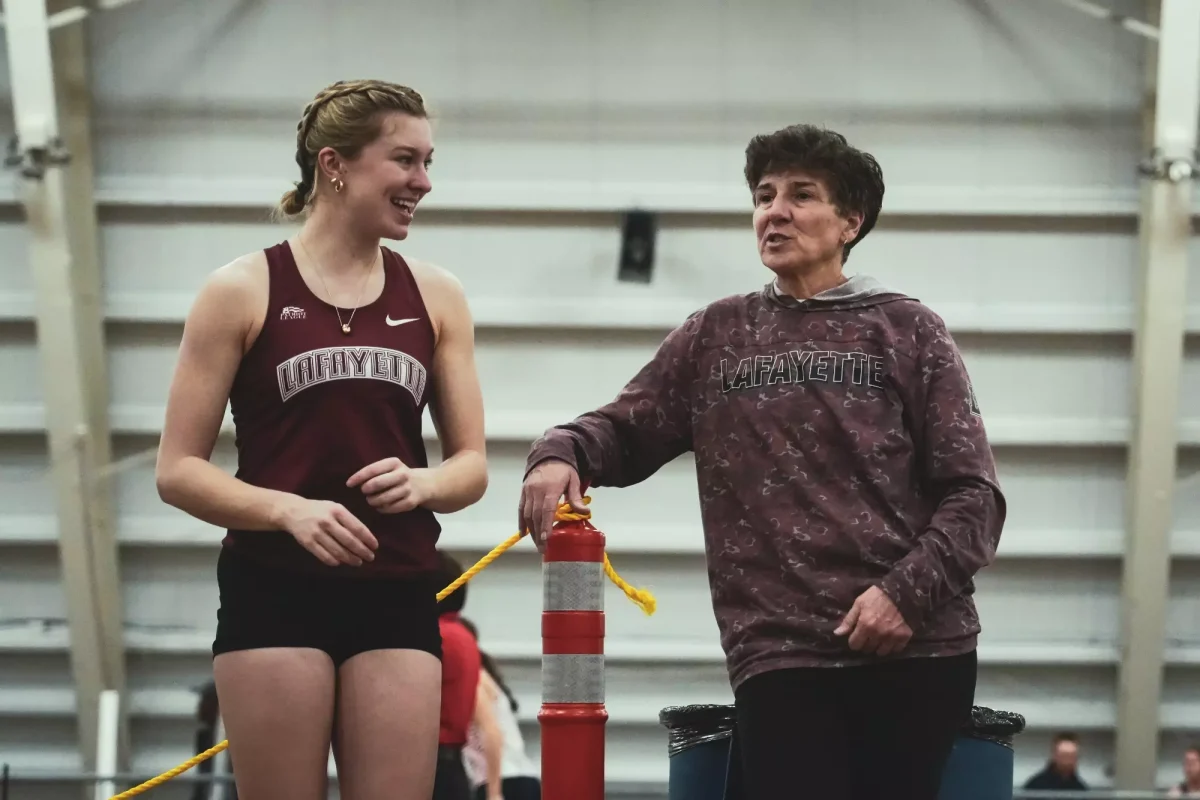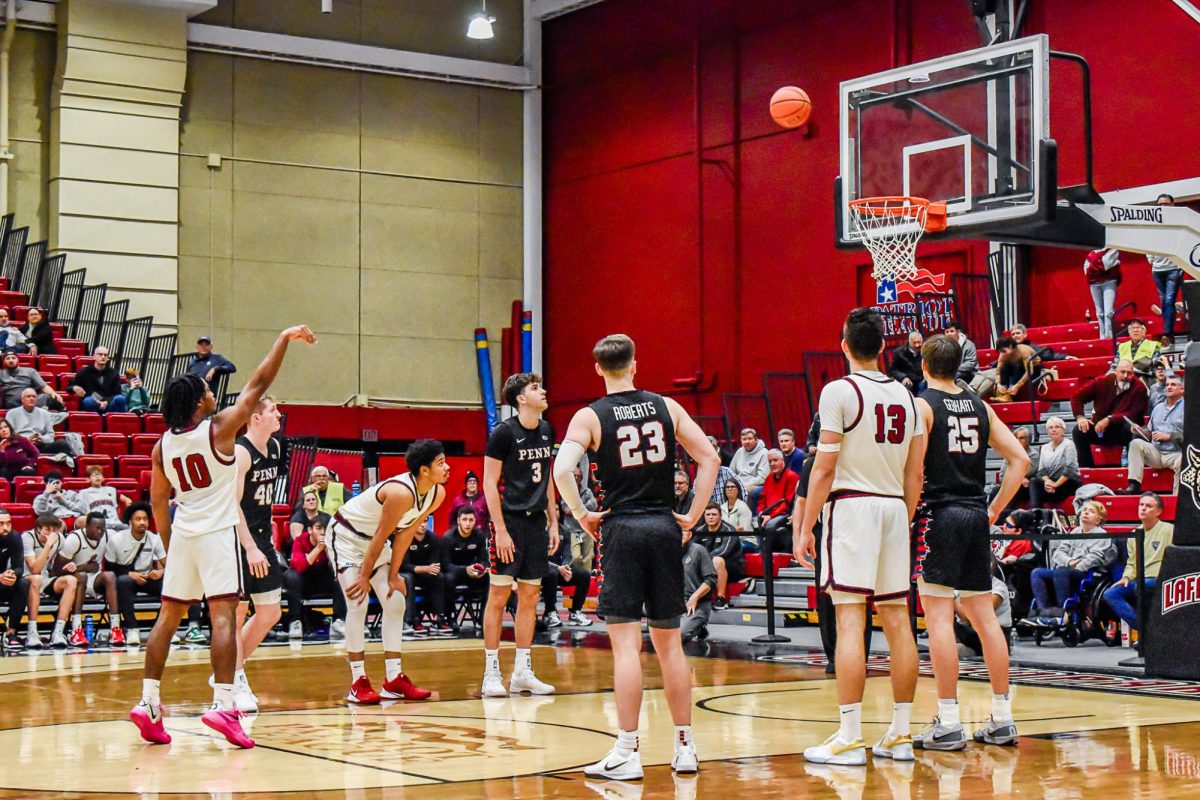A team of Lafayette biochemistry majors under the direction of Professor Justin Hines recently received a National Institutes of Heath grant to support their study of neurodegenerative diseases.
“In my lab, we study models of neurodegenerative diseases,” Hines said. “In particular, we study an interesting phenomenon in biology called yeast prions.These yeast proteins take on a similar fold to the proteins that cause different neurodegenerative diseases.”
The grant is a three-year, $268,220 grant that supports the work of Hines and student researchers Michael Rockman ’15, Zachary Sporn ’16, Michael Astor ’17, Quang Bui ’17 and Emily Oliver ’17, according to a press release from Lafayette College.
Yeast prions are a recent discovery to the biochemistry field and that adds to the excitement of studying them.
“It is really interesting because there is tons of information that we know we are looking for,” Emily Oliver ’17 said. “It is fantastic that a bunch of undergraduates can do this research.”
Hines has been working with yeast prions since before his time as a Lafayette professor.
“I started studying yeast prions in 2007 after I did my PHD in the lab of Professor Elizabeth Craig from University of Wisconsin-Madison,” Hines said.“I was doing post doctoral [work] with her, funded by NIH.”
Preliminary research into the proteins by EXCEL scholars and the importance of research on yeast prions’ to society helped the team obtain the NIH grant.
“The population in United States is getting older and as the population ages, neurodegenerative diseases become more prevalent,” Hines said.“It is increasingly more important for us to understand the fundamental biochemistry that underlies the disorders.”
Those concerned with yeast prions’ role in neurodegenerative diseases were not the only ones to benefit from the faculty-student research conducted in Hines’ lab.
“For the students, it is a great opportunity to research with faculty and I think it helps to have undergraduates involved with the research…You get a lot more experiences and background and you can determine what you want to do later on,” said Sporn.

